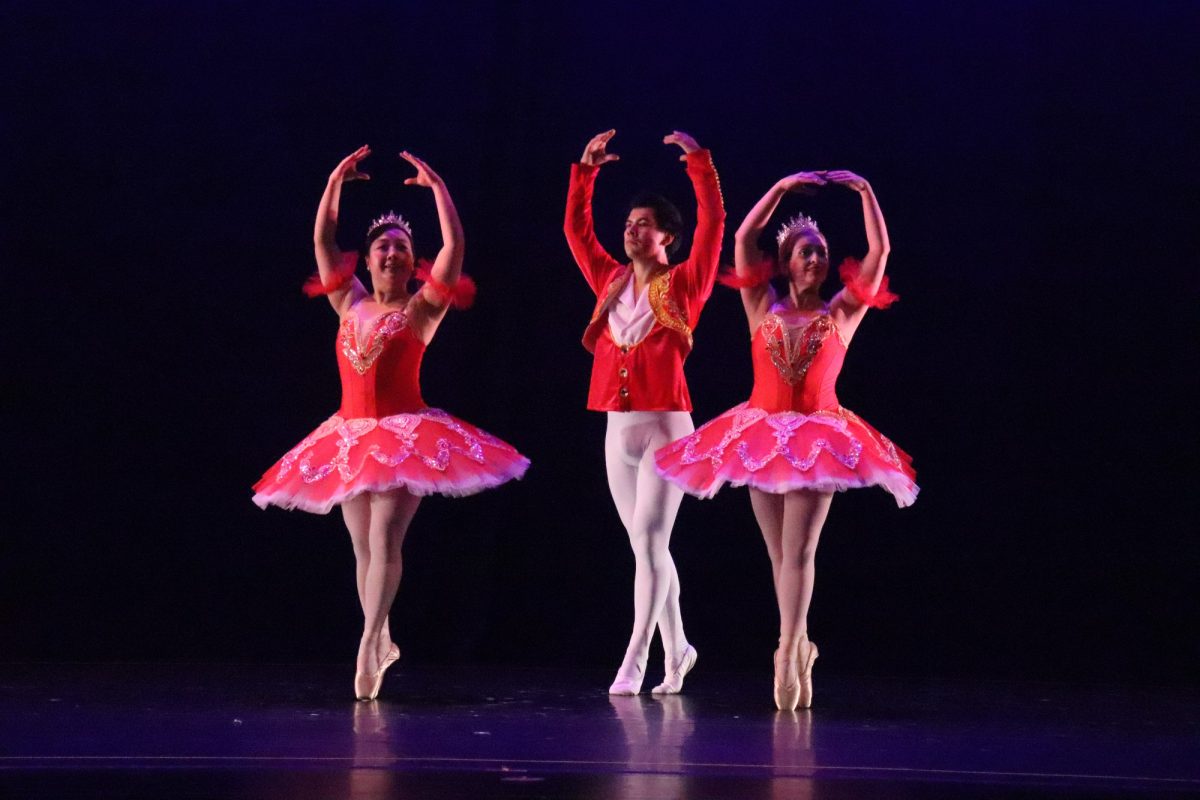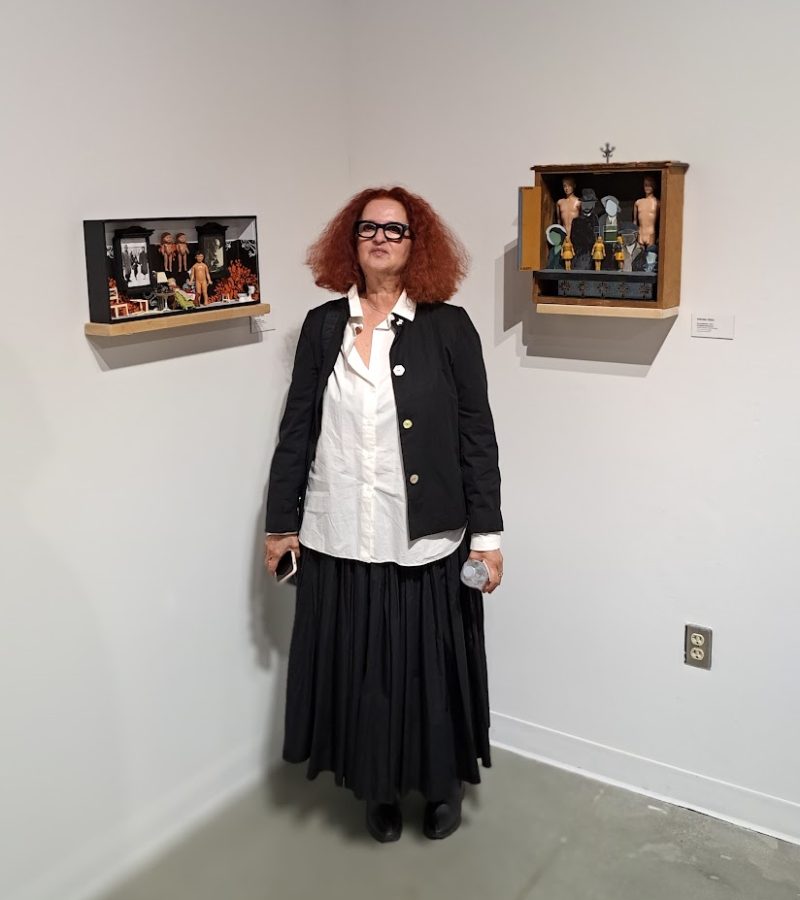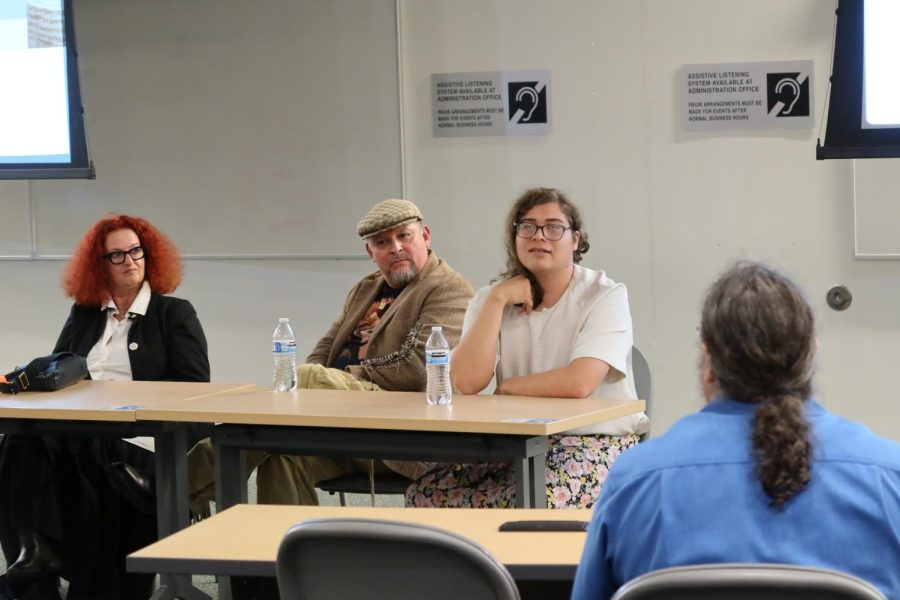A viewing of the 2016 documentary “Keepers of the Game,” a documentary, which depicted the stigma of female athletes especially those of Native American descent, was shown to give the audience a sense of the inequality and ignorance that still exists in modern society.
The viewing was held on Monday, Nov. 7 in SS 306 by the Department of Women Gender Studies.
“Keepers of the Game” documents the life of nine girls that play for the Salmon River high school girl’s varsity lacrosse team located in the Akwesasne Mohawk Territory situated in the state of New York alongside the Canadian border.
These nine young Native American women not only faced the stigma of challenging established gender roles established in athletics, faced the impending demise of the team due to the lack of funding, but also endured being a minority and participating in a traditionally and culturally male dominated sport.
These teenagers would often be berated by male spectators during games, resulting in nervous breakdowns among some of the players.
Defying what has been the determined cultural and societal norms is what has pushed and motivated these girls to strive to be the best that they possibly can be at their sport.
Despite the obstacles constructed by ignorance, these women seem to thrive on the basis of dismantling staunch unequal practices does not deter these women from remaining in touch with the more sensible traditional views and cultural customs, these women still engage in the time-honored traditions and respected rituals that defines their cultural heritage.
The documentary was shown to illustrate the courage of these young women and how they are out there on the field breaking stereotypes and the stigma of established gender roles with just one swish of a lacrosse stick.
Strong, determined young women who refuse to be left behind in what once used to be a male dominated sport and finally get the rightful opportunity to exude the confidence and a talent for the sport that they love, for a sport that has held such a great significance in the Native American culture.





















